The Best Blogs of 2024
By The Editors
The new year is upon us, and the editors have compiled the top 10 blog posts you, our readers, have enjoyed the most.
December 10, 2024
From The Staff
10. Buckling Without Breaking
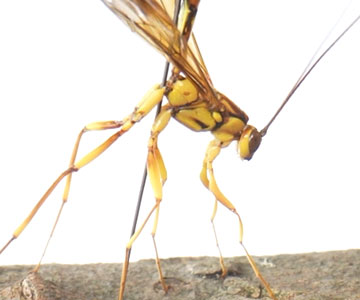
At the height of summer in mainland China, a group of robotics engineers chose to go out into the field and surround themselves with gigantic, parasitic wasps. “I remember the temperature was very high. It reached 40 degrees Celsius,” Rongwei Wen recalls. “It was very hard to capture videos and images. We were out there for several weeks.” Many people would cower from the Megarhyssa wasp, whose body can measure twice the length of a hornet and a whopping four times that of a yellow jacket, but it poses no threat to humans.
9. Can Giraffes Get Stressed Too?
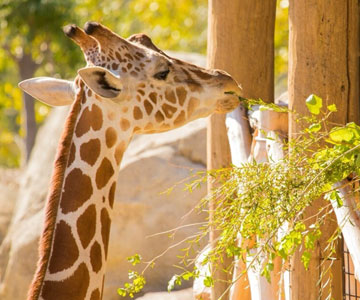
Zoos serve as windows into faraway ecosystems teeming with life, where each exhibit transports visitors to different parts of the world. At Omaha’s Henry Doorly Zoo and Aquarium, for example, visitors can gaze over a sprawling habitat that mimics the African savannah.
8. Ancient Maize Yields Clues to More Resilient Corn
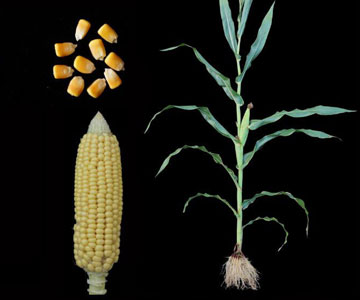
Wild maize looks nothing like modern corn’s tall canes and plump ears nestled among long leaves. But these related plants have deep—yet surprisingly mobile—roots in ancient history, with undomesticated relatives that showed up as far back as 65,000 years ago.
7. How Can You Mend a Broken Heart?

In the time it will take to read this article, at least two people in the United States will experience a heart attack. Although some patients recover, all survivors from a heart attack, also known as myocardial infarction, are left with damaged heart tissue that will never heal.
6. The Seventh Claim
by Tony Rothman

The history of frequency hopping shows that scientific advances are rarely individual efforts.
5. When Pigs Save Lives
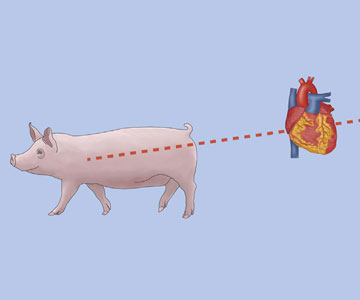
A person living with end-stage heart failure, who’s been told that they have been matched with a donor, experiences a huge range of emotions. “I don’t think anybody honestly understands that aspect of what it means to have a failing organ, and every day thinking ‘if I don’t get transplanted, I’m going to die.’ But also, they have the burden of thinking ‘the only way I’m going to get transplanted is, somebody else has to die.’
4. Unscrambling the Signal of Higher Vaccine Exemptions
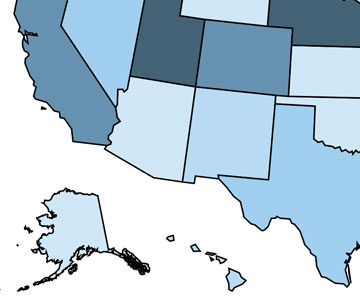
In November 2023, the U.S. Centers for Disease Control and Prevention (CDC) reported that the proportion of families opting out of routine childhood vaccinations was larger than ever previously recorded, a story that is part of a larger pattern of recent concerns about vaccination hesitancy and refusal. That pattern is not limited to families with children.
3. The COVID Commission that Never Was
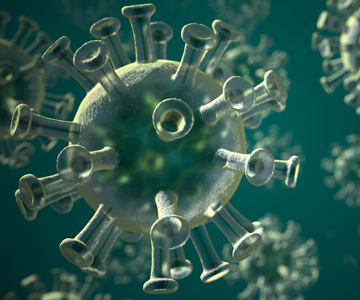
The COVID Crisis Group formed one year into the pandemic, in early 2021, with the mission to help facilitate the formation of a commission to investigate the United States’ response to “the worst global crisis so far in the 21st century,” as they put it. When no such commission materialized, the group decided to write a book that summarized what they knew would be relevant to such an investigation. “No country went into this crisis with more scientific knowledge or spent more money, yet with such depressing results,” they write of the United States.
2. Baby Shark Sighting Misrepresented in Media Coverage
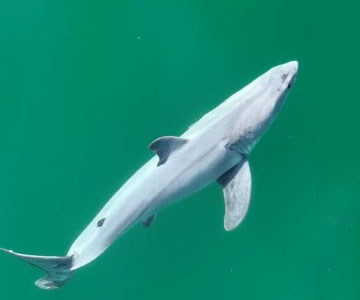
It was the baby shark seen around the world. You may have seen some recent news coverage about the photograph taken using a drone. CNN called the sighting “the holy grail of shark science.” Newsweek called it “the world’s first sighting of a baby great white shark.” USA Today claimed that it shows a “great white shark giving birth caught on video.” With headlines like these, the study is on track to be the most-discussed shark research paper of the year. Unfortunately, much of that discussion is factually incorrect, and incorrect in a way that takes attention away from real issues.
1. The Burgeoning Bluesky Science Community

Now that Twitter has declined, this recently opened social media platform could be the next home for online science communicators.
(Macroscope - February 29, 2024)
American Scientist is now on Bluesky. Be in the know and follow American Scientist. You want to make sure to see our exclusive content and event announcements.
American Scientist Comments and Discussion
To discuss our articles or comment on them, please share them and tag American Scientist on social media platforms. Here are links to our profiles on Twitter, Facebook, and LinkedIn.
If we re-share your post, we will moderate comments/discussion following our comments policy.